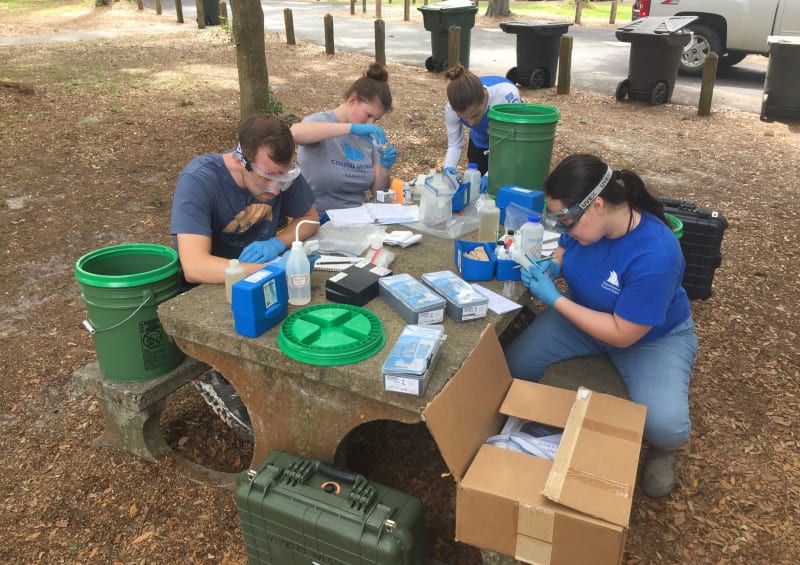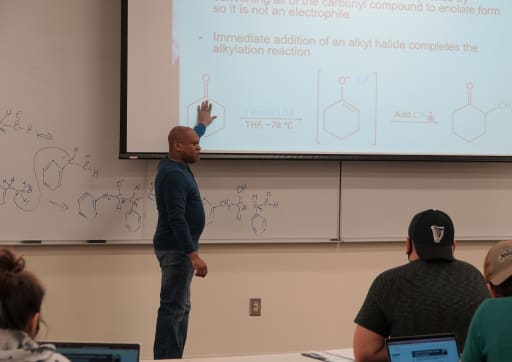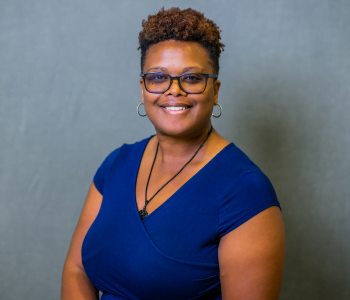
Chemistry

The concentration in Chemistry is designed to provide knowledge and laboratory skills relevant to the study of Chemistry as it pertains to understanding the environment. Environmental Science students pursuing careers in a variety of fields can benefit directly from the application of Chemistry to Earth-systems problems as well as from the analytical thinking inherent to Chemistry.
Why study Chemistry at Coastal Georgia?
We take pride in keeping our chemistry labs up to date on the equipment we house and the opportunities we provide in order for students to become knowledgeable and competent analytical chemists. By combining Environmental Science coursework and upper-division chemistry courses, students will have a broad understanding of the role of organic and inorganic chemicals in environmental function. Furthermore, they will have the analytical skills necessary to take samples in the field, process, and analyze them, and be able to understand and interpret the data.
Our partnerships with local agencies allow for ample opportunities to ask questions about how analytes such as nutrients, carbon, and heavy metals flow through environmental systems. Our location Georgia’s coast allows students to ask questions and monitor changes in the environment due to phenomena such as sea-level rise and climate change.


What will I learn?
Students in this concentration learn analytical laboratory skills necessary to answer questions about the chemical composition of our environment. Coursework includes a mix of traditional upper division chemistry with courses on geochemistry, hydrology, and aquatic biology, where theoretical principals of chemistry are applied in the lab and in the field.
What can I do when I graduate?
This concentration directly prepares students for graduate programs and employment in biogeochemistry, chemical oceanography, agricultural and soil chemistry, environmental analysis, environmental chemistry, and environmental (chemical/life sciences) engineering, and more. Additionally, this concentration is also an ideal baseline for students interested in graduate study in any of the geosciences, but is particularly suited to Earth and space chemistry, water quality, and ocean composition.

Small Ecosystems Lead to Big Learning
Students in Dr. Emily Tarsa’s ENVS 4100 course have created miniature versions of one of the most biologically diverse ecosystems – wetlands. About 13% of Georgia’s land area is covered with wetlands, making it one of the leading states in total wetland acreage, which includes salt marshes, bogs, and swamps.
“This course is a really good way to tie the area into the class, and figure out what is around us,” said Jonathan Warehime, a Junior at Coastal.
Contact Information:
-
Dr. Patrice Edwards
 Associate Professor of Physics & Astronomy
Associate Professor of Physics & AstronomyDr. Edwards earned her Ph.D. and her B.S. from Florida A&M University.






